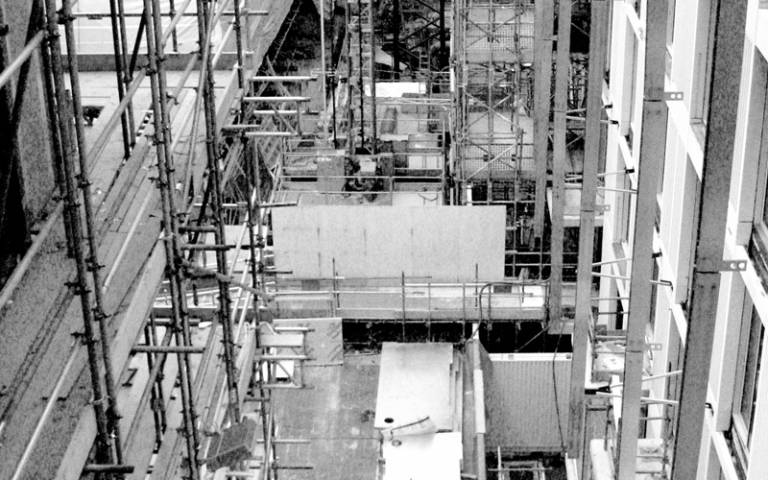27 June 2019
Diyana Razak asks what is the cost of failure at the post-operations stage?

When we talk about the levels of quality in the construction industry, how is this being gauged? How do we define good and bad quality? These are questions that few are able to answer and even those that try are giving an educated guess. Diyana Razak has attempted to answer these questions through her doctoral research, exploring the impacts of poor quality and its impact during the post operational phase of construction projects.
“At present, there are limited studies on the cost of quality at the post-operational stage. Frequently, available research focus on the initial stage of construction, thus quality at post-operational stage is unquantified”, says Diyana Razak.
Through active work with The Cost of Quality Working Group, her research was fully supported by the Chartered Quality Institution (CQI) and its Construction Special Interest Group, and enabled her to undertake the challenge to fill this gap both within academia and industry.
The focus of the project was to look at the costs of not delivering a client’s requirements. In order to accomplish this, Diyana breaks down the elements of construction to make it measurable. Using the measurement of cost of quality, the client of a construction project and their multi-organisational supply network can address the problem of capabilities diversity that is distributed in a project’s lifecycle. Importantly, the research seeks to support organisations in the construction field to better understand the cause and implication of failures and subsequently reducing the cost of bad quality, specifically at the post-operational stage. The research also ascertains what could be done to share information of failure throughout the construction supply network, and to create a shared culture of quality between partners. The need for integration capabilities between client’s strategic requirement, technical project delivery, and functional operational management in mitigating failures is reiterated throughout the research.
Diyana’s project has the potential to contribute to innovation in new construction projects, especially in the context of project and quality management. New processes, new organisation and network structures are introduced to improve the operational delivery of the project.
Throughout Diyana’s Ph.D, wider dissemination routes have been provided through conventional publications and presentations (conferences, seminars) as well as steering meetings to promote benefits of the cost of quality measure (workshops). Additionally, through very close collaboration with industry partners within the CQI working group, her research outputs have provided practical implications impacting organisations.
Recognizing how the research managed to address the failures and costs of poor quality in construction, the work has been published in Quality World Magazine. The collaboration work with The Cost of Quality Working Group has proven to be successful and has increased the interest in this research area by attracting new staff, students and researchers to contribute to the new integration model which supports the reduction of operational failures in construction.
Benefiting from the working group, Diyana has been directly supported by one of the UK’s leading construction owner organisations in providing significant data. Wider benefits of this impact have led to the client’s organisation attaining new capability to focus on, and highlighting the changes in the organisational structure. The development of a new Knowledge Transfer Partnership application is also a positive outcome of this project.
For Diyana, working collaboratively with industry experts has enabled the exchange of experience and knowledge which she believes has benefited both academia and the industry.
Diyana Syafiqah Abd Razak recently completed her PhD at UCL’s Bartlett School of Construction and Project Management with a thesis entitled ‘A Strategic Approach To Failure Mitigation: A Study Of Project And Quality Management In Five Projects’
